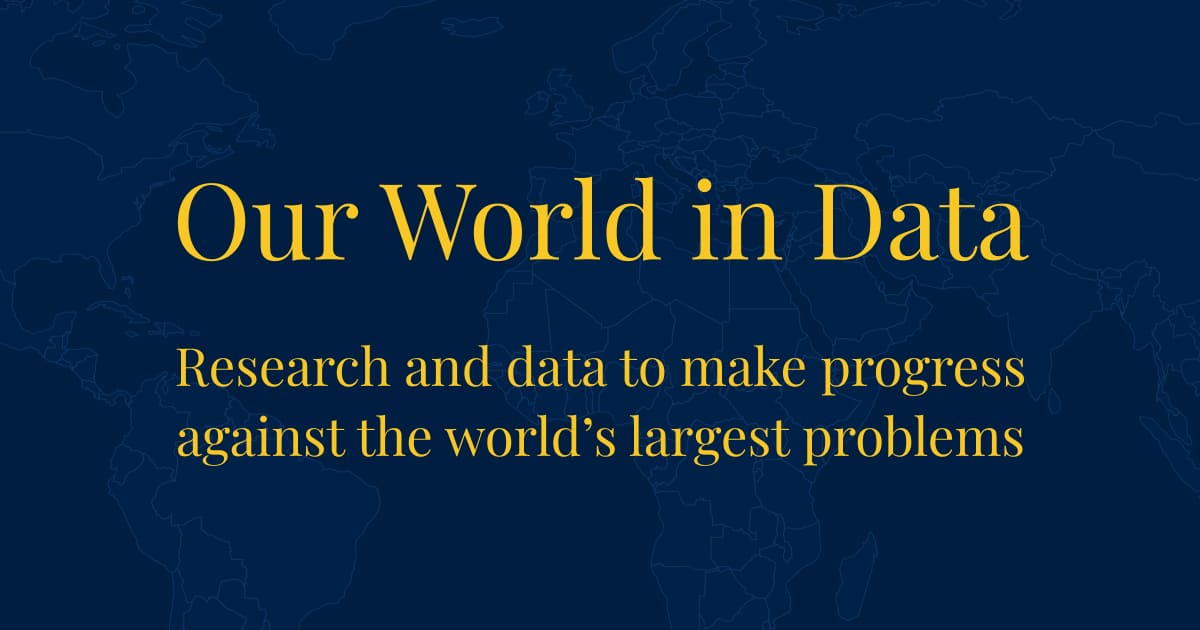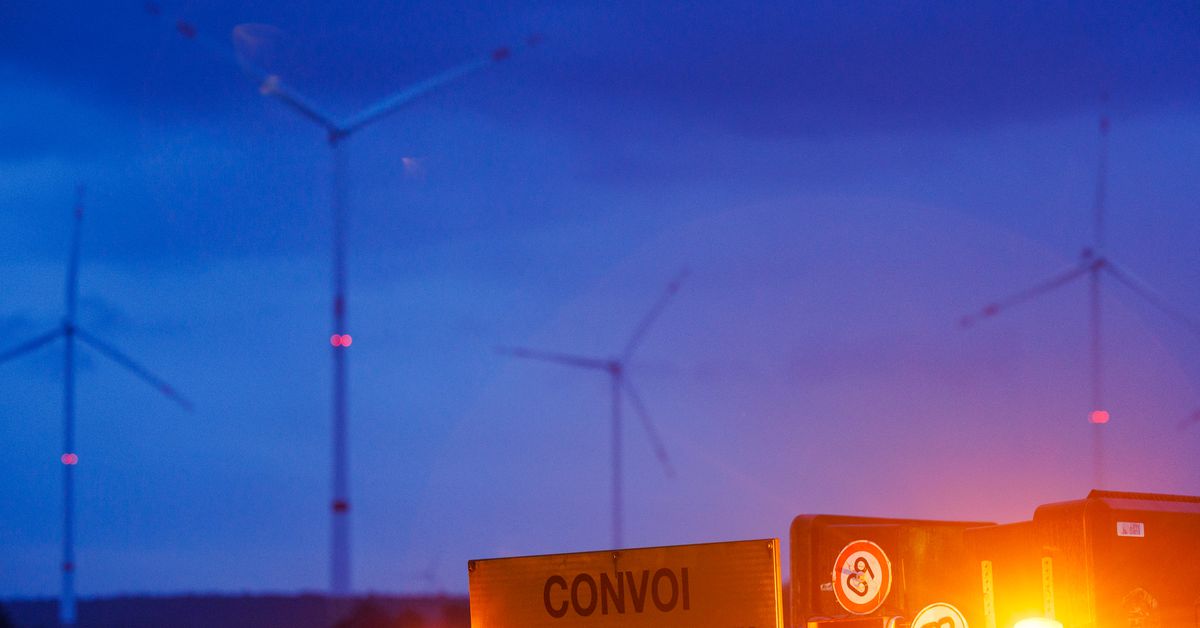durangodawood
Dis Member
- Aug 28, 2007
- 23,609
- 15,762
- Country
- United States
- Faith
- Seeker
- Marital Status
- Single
Well youre preaching to the choir here - as I thought I'd made clear. I was just pointing out the issue of public perception. Chernobyl is not "over" so long as theres a "exclusion zone".Ironically enough, modern nuclear is far safer than fossil fuels...yet the arguments against fossil fuels (mine included) often focus on the environmental impacts. For the people who have safety concerns about nuclear, you'd think conversations surrounding safety would be part of their repertoire when debating phasing out coal.
Point of reference:
View attachment 335996
The only one of the 3 renewables that's safer than Nuclear is Solar...Wind and Hydro power actually have a slightly higher death rate.
And to put it in perspective, Chernobyl is considered to be "the" nuclear incident...it's the go-to name people mention when discussing the risks. It's the "Hitler of Nuclear Energy", if you will, in the minds of people who oppose it.
The end result of that incident (the worst one that ever happened)?
134 people died between the period of a few weeks after the incident to 2006.
1,000 sq miles of exclusion zone (18 mile radius)
For Fukushima, how many deaths attributed to it? 1
Exclusion zone size? 300 sq miles (~6 mile radius)
Compare that to fossil fuels? They put up more daunting death numbers every year and destroy ecosystems a lot larger than that of an 18 mile radius.
The two worst nuclear disasters in the past 40 years have produced outcomes that are really "drop in the bucket" types of stats in the grand scheme of things.
Nuclear has progressed a lot. The same way a 2023 car is safer, has more rigorous testing standards, etc... than a car from 1986.
A pragmatic look at the numbers should lead people to a reasonable conclusion. The energy source (that's zero emission) that produces 20% of the world's energy supply has, in a period of 40 years, has only killed 135 people and rendered 1300 sq miles (of the 50 million sq mi of land area earth) unusable for the time being. (and context is everything... the big incident was the result of shoddy oversight by the USSR, and 2nd place one was the result of a once in a life time natural disaster)
But as both I and Belk have said...pick you poison. If you want low emission energy, and you want your fridge and lights to work without the impediment of rolling blackouts or having to begrudgingly go back to fossil fuels, nuclear has to be part of the conversation.
People have a massive bias in favor of distributed risk over concentrated risk. So long as fossil fuels can place its concentrated risk in poor people zones, the rest of us prefer to roll the dice on its distributed pollution/health risk rather than having a nuke plant 50 miles down the road from our own house.
Nuke is complicated, scary, requires lots of trust, spooks people, lowers house values. Those are some of the psychological barriers to nuclear. The USA is also in an era where the "conservative" set are being trained to resist anything centralized and devalue the competence of govt to administer necessary oversight and safety compliance.
Last edited:
Upvote
0


